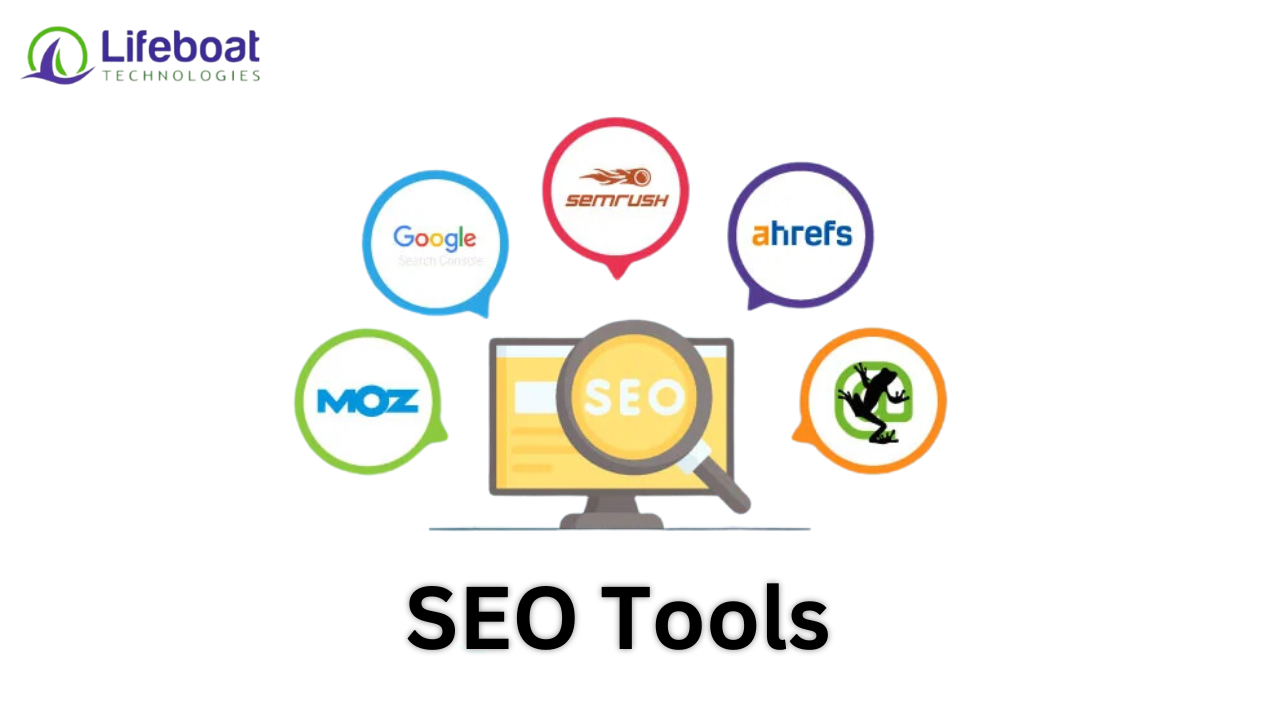

Search Engine Optimization (SEO) is a vital component for achieving success in today's digital landscape, where the competition among millions of websites is extreme. As businesses and individuals strive to attract online visitors and improve their visibility, effective SEO strategies become essential for securing prominent positions on search engine results pages. By implementing various optimization techniques, website owners can enhance their chances of being discovered by potential users. To facilitate this process, a wide range of SEO tools are available and designed to streamline and simplify optimization efforts. These tools not only save valuable time and resources but also provide valuable insights and data that can help guide the optimization strategy. In the following sections of this article, we will delve deeper into the most effective SEO tools currently on the market and discuss how each can maximize a website’s performance and reach.

Top SEO Tools:
- Google Search Console: Monitors website performance, crawl errors, and search queries.
- Google Analytics: Tracks website traffic, engagement, and conversion rates.
- SEMrush: Audits website technical SEO, analyzes competitors, and tracks keyword rankings.
- Ahrefs: Analyzes backlinks, content quality, and keyword density.
- Moz: Offers keyword research, link building, and content optimization tools.
- Long Tail Pro: Finds long-tail keywords for targeted SEO.
- Ubersuggest: Generates keyword ideas and content suggestions.
- H-Supertools: Provides free SEO tools, including keyword research and backlink analysis.
SEO Tool Categories:
-
Keyword Research Tools: Identify relevant keywords and phrases.
- Google Keyword Planner
- Ahrefs
- SEMrush
-
Content Optimization Tools: Optimize content for better rankings.
- Moz
- Screaming Frog
- Ubersuggest
-
Link Building Tools: Build high-quality backlinks.
- Ahrefs
- Moz
- SEMrush
-
Analytics Tools: Track website performance and conversions.
- Google Analytics
- SEMrush
- Ahrefs
How to Use SEO Tools:
- Conduct keyword research to identify target keywords.
- Analyze website technical SEO to identify areas for improvement.
- Optimize content using keyword research and content optimization tools.
- Build high-quality backlinks using link-building tools.
- Monitor website performance using analytics tools.
Benefits of Using SEO Tools:
- Improved website visibility
- Increased website traffic
- Enhanced content quality
- Better keyword targeting
- Increased conversions
Conclusion :
SEO tools are crucial for the success of any website, as they provide valuable insights and features that help improve search engine rankings. By utilizing these tools, you can not only optimize your SEO process but also enhance the visibility of your website in search engine results, which is essential for attracting more visitors. These tools often include keyword research, site audits, and analytics, which help identify areas for improvement and track progress over time. It’s important to select the right tools tailored to your specific needs and goals, ensuring that you implement them effectively to truly maximize your website's potential and achieve long-term success in the digital landscape. At Lifeboat Technologies recommends using an SEO toolkit designed for your business goals to effectively reach your audience and enhance your online presence. Contact us at contact@lifeboat.co.in for more information.


